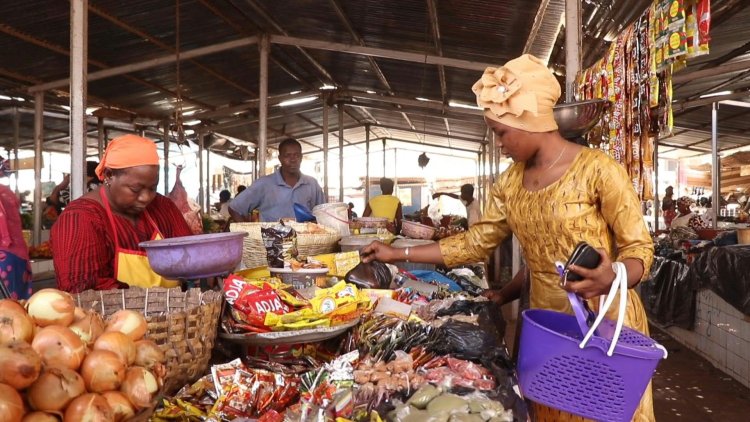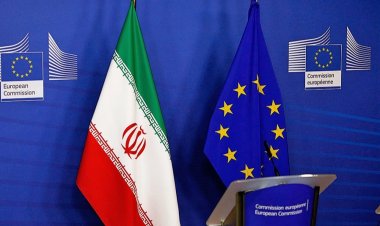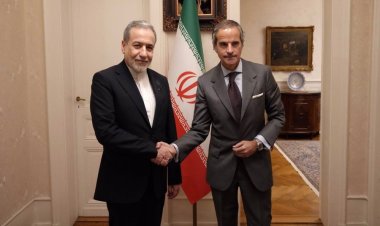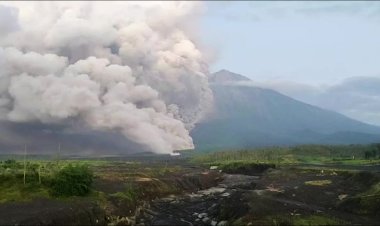Mali stands firm against economic sanctions

Mali's ruling military junta has appeared unflinching so far in the face of economic sanctions imposed a month ago by the country's West African neighbours, despite indications the measures are beginning to bite.
In response to the junta postponing promised elections following 2020's coup, the Economic Community of West African States (ECOWAS) imposed a trade embargo and closed borders with Mali, in a move backed by France, the United States and the European Union.
ECOWAS leaders also halted financial aid and froze Mali's assets at the Central Bank of West African States.
The measures followed a proposal from Mali's junta to stay in power for up to five years before staging elections -- despite an earlier commitment to hold a vote on February 27.
Mali's military rulers have remained firm, and appear to enjoy popular support, despite the sanctions beginning to have an effect in one of the world's poorest countries.
In one of the first tangible consequences of the measures, Mali defaulted on debt repayments worth more than $30 million in late January.
Many ordinary Malians also said that they have seen price rises since the imposition of sanctions, even though the measures do not apply to basic necessities.
"I'm buying fewer onions and less oil, even though that's what we cook the most," said Mame Koita, a 46-year-old mother of four, in front of a market stall in the capital Bamako.
Swathes of Mali's territory lie outside of government control due to a brutal jihadist insurgency that first emerged in 2012, and has long hampered economic growth.
Mariam Diakite, who launched a consumer association last year, said that the current situation for ordinary Malians is "really pitiful".
"The sanctions add to an already existing situation," she said.















